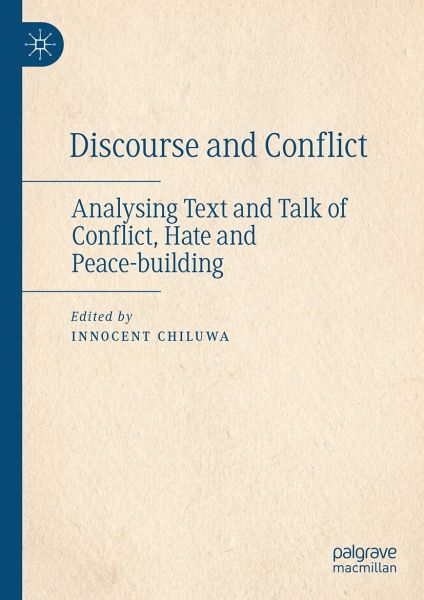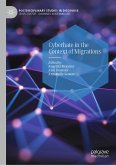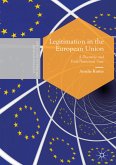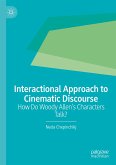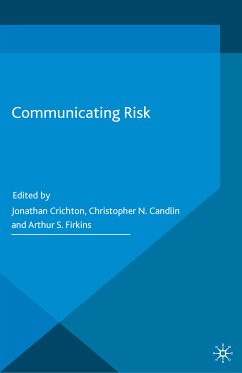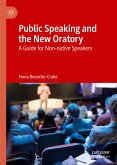-Christian Mair, University of Freiburg, Germany
"This is a fantastic and timely contribution to the field. It has a unique multi-level approach to discourses of conflict, and its focus on resolution. The book enjoys a truly international cast of lively contributors."
-Gwen Bouvier, Zhejiang University, China
This edited book analyses the relationship between discourse and conflict, exploring both how language may be used to promote conflict and also how it is possible to avoid or mitigate conflict through tactical use of language. Bringing together contributions from both established scholars and emerging voices in the fields of Discourse Analysis and Conflict Studies, it argues for a discourse approach to making sense of conflict and disagreement in the modern world. 'Conflict' is understood here as having a national or global focus and consequences, and includes verbal aggression and hate speech, as well as physical confrontation between political and ethnic groups or states over values, claims to status, power and resources. Themes explored in the volume include the language of conflict, hate speech in online and offline media, and discourse and peace-building, and the chapters examine various national contexts, including Lithuania, Brazil, Belgium, North Macedonia, Sri Lanka, the USA and Afghanistan. The chapters cover conflict-related topics within the fields of Political Science, International Relations, Sociology, Media Studies, and Applied Linguistics, and the book will be of interest to students, researchers and experts in these and related fields, as well as professionals in conflict and peace-building/peace-keeping.
Innocent Chiluwa is Professor of English Linguistics and Media/Digital Communications in the Department of Languages and General Studies at Covenant University, Nigeria.
Dieser Download kann aus rechtlichen Gründen nur mit Rechnungsadresse in A, B, BG, CY, CZ, D, DK, EW, E, FIN, F, GR, HR, H, IRL, I, LT, L, LR, M, NL, PL, P, R, S, SLO, SK ausgeliefert werden.

